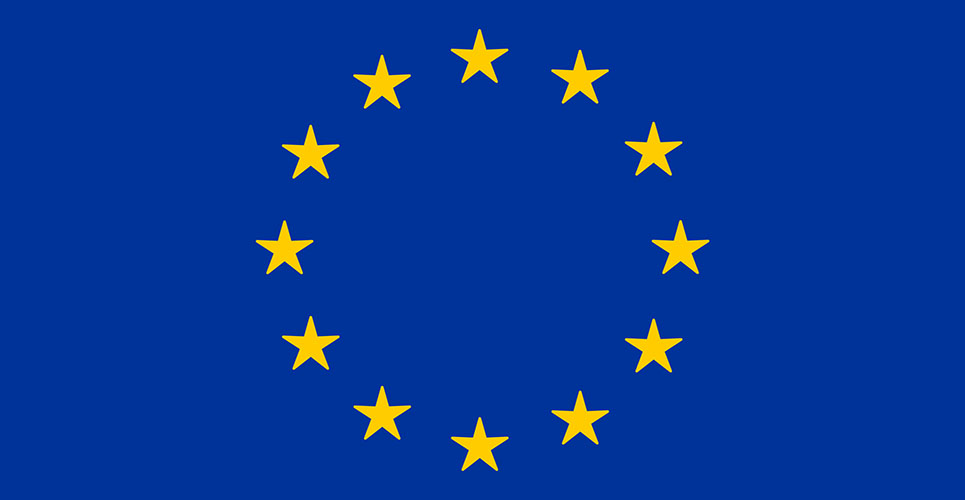GlaxoSmithKline (GSK) has announced that the European Medicines Agency (EMA) has agreed to remove the conditional status of the marketing authorisation for Votrient (pazopanib) and convert it to a full marketing authorisation.
Pazopanib was granted a conditional licence in the European Union in June 2010. The specific obligations of the conditional approval included a non-inferiority study to evaluate the efficacy and safety of pazopanib versus sunitinib1 (COMPARZ: COMParing the efficacy, sAfety and toleRability of paZopanib vs. sunitinib).
GlaxoSmithKline (GSK) has announced that the European Medicines Agency (EMA) has agreed to remove the conditional status of the marketing authorisation for Votrient (pazopanib) and convert it to a full marketing authorisation.
Pazopanib was granted a conditional licence in the European Union in June 2010. The specific obligations of the conditional approval included a non-inferiority study to evaluate the efficacy and safety of pazopanib versus sunitinib1 (COMPARZ: COMParing the efficacy, sAfety and toleRability of paZopanib vs. sunitinib).

The COMPARZ results were first presented at the European Society of Medical Oncology (ESMO) Congress 20122 by the study’s lead investigator, Robert J Motzer, MD of the Memorial Sloan Kettering Cancer Centre, and will be published in a peer-reviewed journal. The study met its primary endpoint demonstrating non-inferiority of pazopanib to sunitinib (Sutent®, Pfizer) in terms of progression-free survival (intent-to-treat population by independent review; hazard ratio 1.047 [95% CI: 0.898-1.220]).
These results and data from other ongoing studies of pazopanib in advanced renal cell carcinoma (RCC) were reviewed by the Committee for Medicinal Products for Human Use (CHMP), a scientific advisory committee to the EMA, which issued a positive opinion to grant full approval of pazopanib’s marketing authorisation.3 This decision was ratified by the European Commission on 14th June 2013.
Dr Paul Nathan, Consultant Medical Oncologist at The Mount Vernon Cancer Centre, Northwood, commented: “We welcome the EMA’s decision to convert the marketing authorisation for pazopanib to a full approval, which is based on emerging clinical data that supports doctors, nurses and patients to make informed choices in the treatment of advanced renal cell carcinoma”.
The most common adverse events (≥ 30%, all grades) in the COMPARZ study for pazopanib compared to sunitinib, respectively, included: diarrhoea (63% vs. 57%); fatigue (55% vs. 63%); hypertension (46% vs. 41%); nausea (45% vs. 46%); decreased appetite (37% vs. 37%); ALT increase (31% vs. 18%); hair colour changes (30% vs. 10%); hand-foot syndrome (29% vs. 50%); taste alteration (26% vs. 36%); and, thrombocytopenia (10% vs. 34%).
Erik van Snippenberg, General Manager of GSK UK commented: “GSK is delighted that the EMA has lifted the conditional nature of pazopanib’s licence. This is based on the strength of the COMPARZ head-to-head results, which demonstrate that pazopanib is not less effective than sunitinib with a differentiated tolerability profile.”
Pazopanib is available on the NHS in England and Wales having received a positive Technology Appraisal Guidance in February 2011 from the National Institute of Health and Care Excellence (NICE). Pazopanib is also available on NHS Scotland following advice issued by the Scottish Medicines Consortium (SMC) in March 2011.
